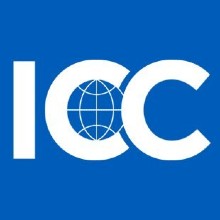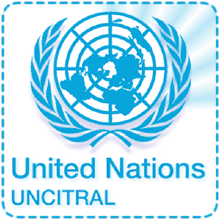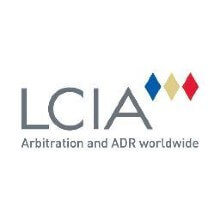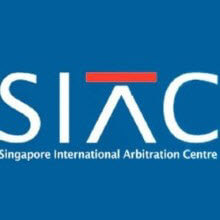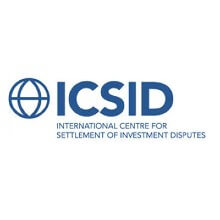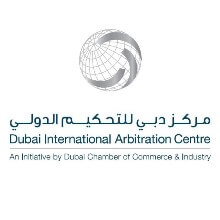International Arbitrator
William Kirtley
Independent Arbitrator for ICC, UNCITRAL, SIAC, DIAC, LCIA, SCC, ICDR, ICSID and Other International Arbitrations
International Arbitrator
Independence and Impartiality
Harvard-, Sorbonne- and Columbia-educated international arbitrator William Kirtley, winner of an award for outstanding character, is the Managing Partner of an independent arbitration boutique based in Geneva, Switzerland. He is thus fully independent from most parties and States, with conflicts of interest being very rare. The arbitration lawyers of Aceris Law, who are available to serve as tribunal secretaries and to organise virtual hearings, are also fully independent from most parties. William Kirtley is impartial, always striving to make all decisions strictly in accordance with the relevant contract, black letter law and the factual evidence presented by the parties. Having served as counsel in over two hundred international disputes, and as arbitrator in multiple arbitrations in highly technical industries, including in some of the largest arbitrations to date, he will always strive to resolve disputes swiftly, fairly, independently and impartially.
Significant Common Law and Civil Law Arbitration Experience
Selecting an appropriate arbitrator is directly related to the quality of the decision rendered. William Kirtley has significant prior experience in international arbitration and has served as counsel or arbitrator in disputes under English law, French law, Swiss law, Italian law, Spanish law, German law, Albanian law, Romanian law, Moldovan law, Georgian law, Russian law, Uzbek law, Turkmenistan law, Belarus law, Turkish law, Saudi Arabian law, UAE law, OHADA law, Nigerian law, Angolan law, Liberian law, Kenyan law, South African law, Singapore law, Japanese law, Malaysian law, Hong Kong law, Mexican law, public international law, the laws of New York, California, Texas, Washington and other American States, as well as the laws of other common law (including Canada and Australia) and civil law jurisdictions.
Sole Arbitrator, Co-Arbitrator, Presiding Arbitrator
William Kirtley has served as Sole Arbitrator, Co-Arbitrator and Presiding Arbitrator in both ad hoc and institutional arbitrations. He has two decades of experience in arbitrations under the ICC, UNCITRAL, ICSID, LCIA, SCC, SIAC, ICDR, HKIAC, DIAC and many other arbitration rules. He has served as counsel or arbitrator in disputes involving numerous industries, including the construction, aviation, automotive, finance, oil and gas, renewable energy, mining, logistics, chemicals, shipping, telecommunications and information technology industries.
Fast Rulings
While claimants and respondents must always be afforded due process, and it is difficult to control the pace of a three-member arbitral tribunal, Mr. Kirtley will always attempt to render awards in fewer than two months from the final hearing. He will also attempt to minimise unnecessary delays in the procedural timetable.
Virtual Arbitration Hearings
Mr. Kirtley can organize virtual arbitration hearings at no additional cost to the parties, should the parties wish this. The parties merely need access to the internet on computers with audio and video capabilities and Mr. Kirtley will organize virtual arbitration hearings and supply the technology.
Resolve Most International Disputes by Arbitration
Nearly all international commercial disputes can be resolved by arbitration, even after a dispute has arisen and in the absence of a prior arbitration clause, as long as the parties agree to this. By agreeing to a submission agreement, parties can remove their disputes from domestic courts in order to have them resolved quickly, fairly and confidentially via arbitration. While this requires the consent of both parties, many litigants are unaware that this option to resolve long-running international disputes exists.

